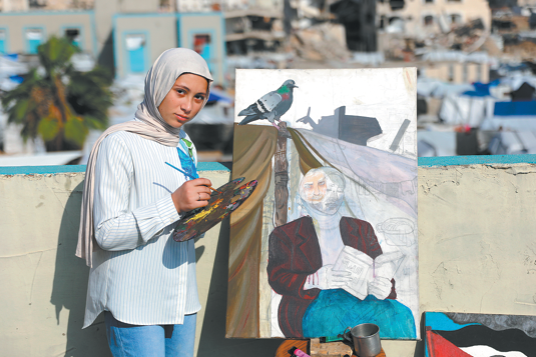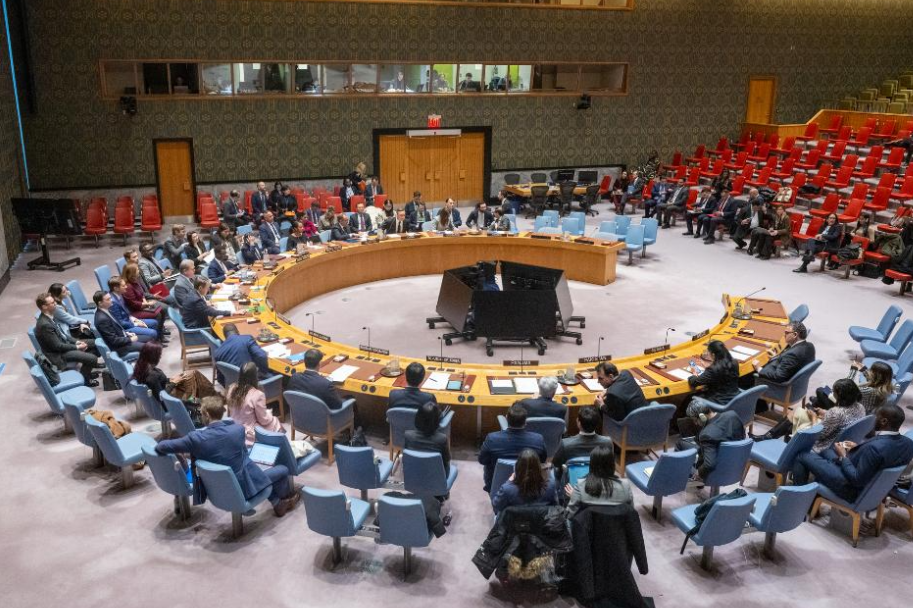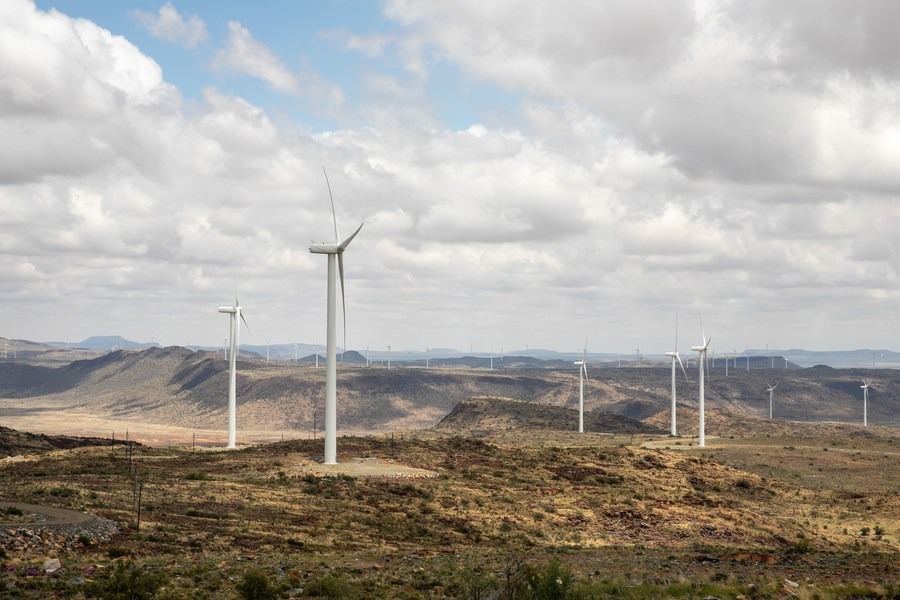Global surveillance key to containing spread of virus


The rapid worldwide spread of the novel coronavirus calls for stepping up global cooperation in health surveillance.
With more than 180 countries having reported confirmed cases of the virus, an effective global health surveillance system is essential in order to enable a speedy response and to facilitate prevention and control efforts.
Real-time monitoring and tracking can be employed to gather key clinical and epidemiological data to enable evidence-based epidemic management.
A public health surveillance system can ensure that public health information is released in a timely manner, and let people track the evolution of an outbreak in real time, thus mitigating the associated socioeconomic impacts.
Effective surveillance can also help economic operations return to normal.
But for global surveillance to work, it is necessary to first enhance country-based surveillance. Countries need to step up their public health commitments, and in response to the novel coronavirus outbreak, they need to include testing for the virus in their existing flu surveillance system.
Countries with a large-scale outbreak need to expand the scope of surveillance and strengthen detection of the virus, enable more comprehensive and timely tracing of those who have been in close contact with confirmed cases, and monitor the virological traits, transmission intensity and geographical distribution of local cases to prepare for control and prevention efforts.
Countries with fewer cases should focus on quarantine and monitoring, in addition to detection. Countries with no confirmed cases should strengthen surveillance, prevention and control of possible imported cases.
Second, it is necessary to enhance global sharing of epidemic-related data. The global sharing of epidemiological, genomic and clinical trials data can make the global response faster and more effective.
However, many countries have yet to share their data with the World Health Organization.
China's transparent approach has won international praise. The National Health Commission notified international organizations, including the WHO, as well as countries and regions soon after the outbreak.
The commission also shared its experience and solutions related to lab testing, epidemiological investigation and clinical diagnosis and treatment.
Third, the system of global health surveillance needs to be enhanced. The WHO has championed the establishment of epidemic warning and response mechanisms, which have strengthened the global capacity to anticipate and address public health emergencies.
In early January, after receiving China's report on the novel coronavirus cases in Wuhan, the WHO quickly put in place a global surveillance system to track the global spread of the virus.
In early February, the WHO launched its strategic preparedness and response plan, calling for strengthening existing respiratory disease surveillance systems. But the current system still has room for improvement.
The outbreak has brought into focus the system's inadequacies in detecting and reporting emerging infectious diseases.
Since the policies and actions taken by sovereign states are beyond the jurisdiction of the WHO, the organization's effectiveness in its global surveillance is limited.
While the International Health Regulations provide a framework for the WHO's epidemic warning and rapid response, only one-third of countries had developed the capacities required by these regulations by 2018.
The pandemic has highlighted how important it is for national governments to abide by these regulations.
Fourth, we need to help developing countries strengthen their health surveillance capabilities.
Since the outbreak, the United Nations, the World Bank, the International Monetary Fund and countries such as China have increased their support to the developing world by providing financing and technical resources to build up developing countries' health surveillance and response capacity.
However, the international community should step up the support given to developing countries.
Better global surveillance is fundamental to containing the global spread of the virus. Interconnected country-based surveillance systems are essential. Information sharing among countries is also crucial and can help prevent duplicated efforts. It's time for the WHO to enhance global surveillance and fill in gaps in national surveillance systems.

































